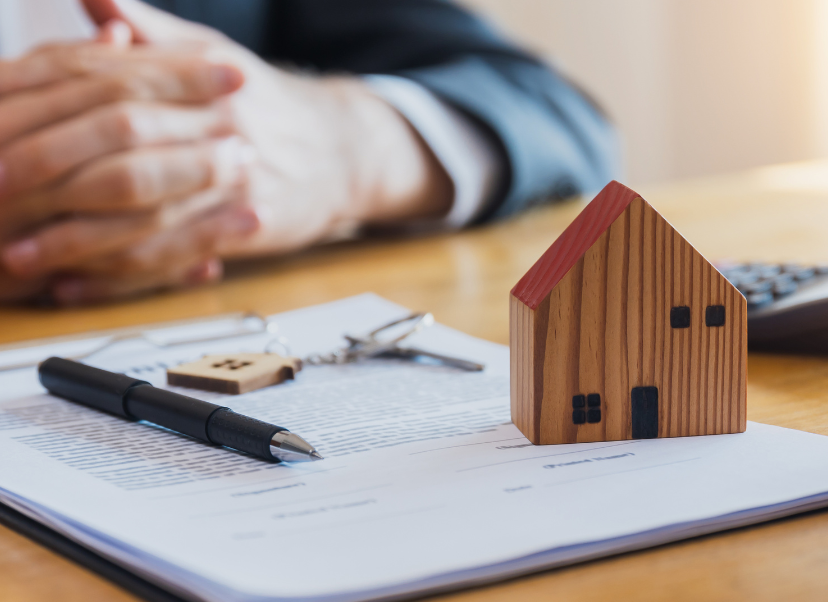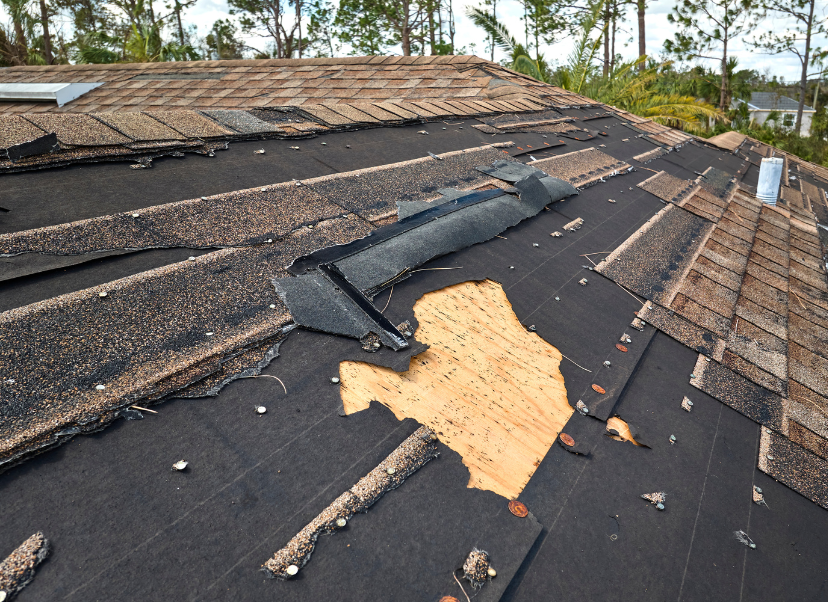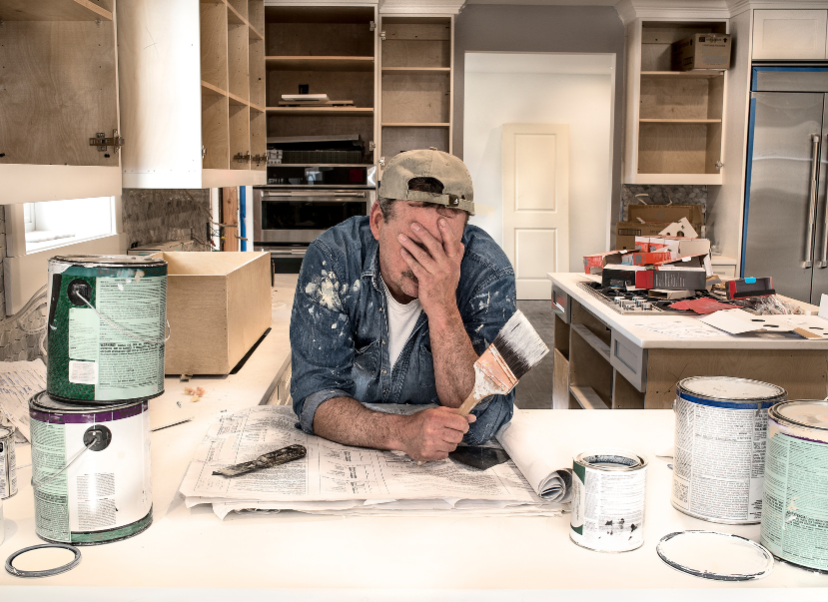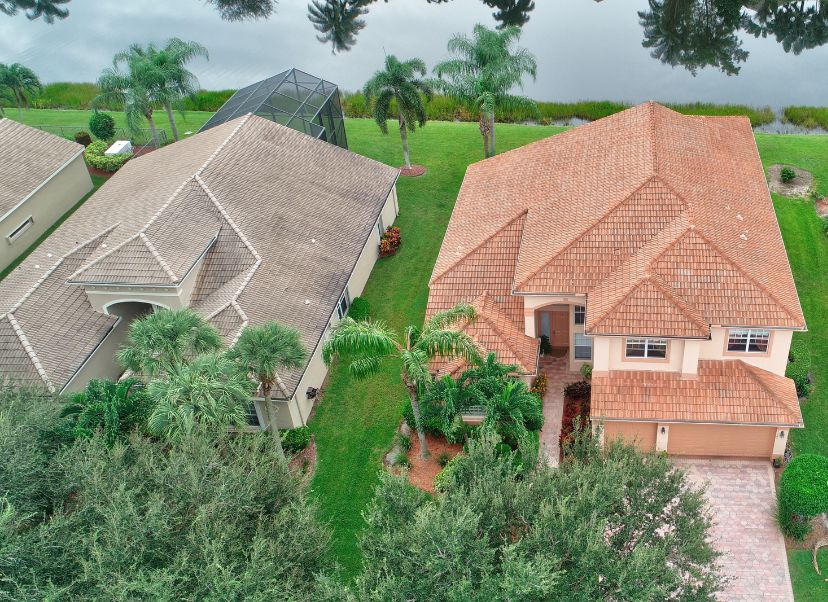Buying your first home in Florida is a big milestone—and yeah, it can feel like a lot. Over the years, I’ve had this conversation with dozens of first-time buyers, and I always come back to a few solid pieces of advice. No fluff—just practical steps that make the process easier and set you up for success right out of the gate.

What's your best advice for first-time homebuyers?
First things first: check your credit.
Before you even start browsing listings or dreaming about your backyard barbecue setup, take a hard look at your credit score. It’s one of the biggest factors lenders use to determine what kind of mortgage you’ll qualify for and at what rate. If it’s not where it needs to be, now’s the time to clean it up. Pay down balances, dispute any errors, and avoid new debt.
Next, know your numbers—and the best way to do that is by talking to a mortgage lender and getting pre-approved.
This isn't just about seeing what you could afford. It’s about setting a smart budget based on real numbers. Once you know what price range you’re working with, you can move forward with confidence.
Now here’s where a lot of folks miss the mark: once you know your pre-approval amount—say, $500,000—start living like you already have the mortgage.
Take your current rent, subtract it from what your new monthly costs would be (don’t forget increased utilities, homeowners insurance, and taxes), and save that difference every month.
Doing this will give you two huge advantages:
You’ll get comfortable with your future monthly payment before you’re locked into it.
You’ll start building your down payment savings.
It’s a win-win—and one of the smartest moves you can make before ever stepping into your first open house.
What is the mistake of first-time home buyers?
One of the biggest mistakes I see first-time buyers make? Skipping the pre-approval step. It’s tempting to jump right into browsing homes, but without a mortgage pre-approval in hand, you’re flying blind.
You could end up falling in love with a home that’s outside your true budget—or worse, miss out on a home because another buyer was already locked and loaded with their financing.
Pre-approval not only shows sellers you’re serious, but it also gives you a clear picture of what you can actually afford. It’s the foundation of a smart home search.
If you’re working with me, we won’t be seeing any homes until this step is completed. As a responsible Realtor, my job is to help make your goal a reality—and showing you homes you may not qualify for wouldn’t just be irresponsible on my part, it would be disheartening for you. We’re in this to win, and that means starting the right way.
What is the 30/30/3 rule for home buying?
The 30/30/3 rule is a smart guideline that helps first-time buyers avoid getting in over their heads financially. Here's the breakdown:
30% of your gross monthly income should go toward your mortgage payment—this includes principal, interest, taxes, and insurance.
You should have at least 30% of the home’s value saved, which covers a solid down payment and leaves room for closing costs and moving expenses.
The home’s purchase price shouldn’t be more than 3 times your annual gross income.
Sticking to this rule can give you peace of mind and some breathing room in your budget, so you're not house-poor the moment you get the keys. It’s not just about buying a home—it’s about being able to comfortably keep it.
How to get closing costs lowered?
Closing costs can sneak up on you—and for first-time buyers, they’re often a surprise. The good news? You don’t have to just accept them at face value. There are smart ways to lower your out-of-pocket expenses at the closing table.
Here are a few strategies I recommend to my buyers:
Ask the seller to contribute: In a balanced or buyer-friendly market, it's not uncommon to negotiate seller concessions. That means the seller may agree to cover part of your closing costs, especially if it helps move the deal forward.
Shop around for services: Lenders often suggest service providers like title companies and inspectors, but you're not locked in. You have the right to shop around for better rates on things like title insurance, attorney fees, and even the home inspection.
Compare loan estimates: Don’t just take the first lender’s offer. Get multiple loan estimates and compare fees line by line. Some lenders tack on unnecessary or padded charges—you’ll want to spot those early.
Look for grants or buyer assistance programs: Florida offers several first-time homebuyer programs and grants that may help cover part of your closing costs. Your lender or Realtor (hey, that’s me) should be able to help you navigate what’s available in your county.
Negotiate lender fees: Some fees, like origination or underwriting fees, may be negotiable. It never hurts to ask your lender if they can reduce or waive certain charges.
Bottom line: closing costs are not set in stone. With the right team and a little preparation, you can often reduce what you owe and keep more cash in your pocket for moving day and beyond.
Hometown Heroes: One of Florida’s Best Programs for First-Time Buyers
Here’s one of the programs available in Florida that’s worth knowing about: the Hometown Heroes Program.
It offers down payment and closing cost assistance for first-time homebuyers in essential professions like teachers, nurses, law enforcement, and more.
If you're working with me, I’ll connect you with the right experts who can walk you through the details and see if you qualify. It’s a great opportunity to get a little extra help as you take this big step toward homeownership.
House-Hunting Tips for First-Time Home Buyers
Work with a trusted real estate agent (and don’t go it alone).
There’s a lot of emotion tied up in buying your first home—and it helps to have someone in your corner who knows the ins and outs. A good agent doesn’t just unlock doors for showings. They help guide your search, explain the process, negotiate hard on your behalf, and help you avoid costly mistakes.
If you’re working with me, know this: I’m here to make sure you get the right house, not just any house. I’ll ask you the right questions, fight for you when it counts, and walk you through every step so you don’t feel lost in the process.
Get clear on your must-haves vs. your nice-to-haves.
Your first home probably isn’t going to be your forever home—and that’s okay. The key is to focus on what you truly need right now. I always tell my clients to make two lists:
Your non-negotiables—think: location for your commute, number of bedrooms, a fenced yard for your dog.
Your “wish list”—things like a pool, updated kitchen, or a two-car garage.
Knowing what you have to have versus what would just be nice makes the search way more focused—and makes my job easier, too.
Do your homework before you fall in love with a house.
Once you’ve got your pre-approval and priorities straight, it’s time to jump into the market.
Here’s how to stay sharp:
Start by asking me to send you available properties so you can get a realistic feel for what’s out there. As you review them, send me your honest feedback—even listings you find on your own. That back-and-forth helps me fine-tune the search and zero in on what’s truly the right fit for you.
Zero in on neighborhoods that make sense for your lifestyle and long-term plans. Look at school ratings, commute times, and safety.
Think like a future seller. Buy in a neighborhood with upward momentum—not one on the decline. Look at what homes are selling for and whether the local economy is strong.
Don’t rush it. You might walk through ten homes and write three offers before one sticks. That’s totally normal. Don’t settle just to be done. The right house is worth the wait.
Buying your first home is a big move—literally and financially. But with the right mindset, the right prep, and the right agent on your side, it can also be one of the best decisions you’ll ever make.
Let's Get Started!
Alright, you made it through all that—nice work! There’s a lot to take in, so give yourself some credit for sticking with it. Just by learning this stuff, you’re already ahead of most first-time buyers.
I won’t sugarcoat it—buying a home can be a wild ride. Paperwork, decisions, ups and downs—it’s part of the deal. But my hope is that you find some enjoyment along the way. Buying your first home is a huge step, and it should feel like one. Take it all in and know you’re on the right path.
Whether you’re house hunting in Boynton Beach, Delray Beach, West Palm Beach, or anywhere else in Florida, I’m here to guide you through every step. If you need help in areas I don’t cover directly, I can connect you with trusted top agents I know.
Feel free to reach out whenever you have questions or need a hand—this process can get overwhelming, but you’re not alone. And when it’s all said and done, don’t forget to celebrate—you’ve worked hard for this moment.
Lantana’s the kind of place you drive through once and think, I could live here. Nestled between Lake Worth Beach and Boynton Beach, it’s a small coastal town with just the right mix of old Florida charm and everyday convenience. So if you're wondering Should I move to Lantana, Florida?—here’s my take as a local realtor who lives and works right here in Palm Beach County.
If you're like me and thinking ahead about your next chapter, Boynton Beach is one of the top places in South Florida to land. It’s home to some of the most desirable 55+ communities out there—whether you're after a quiet, low-maintenance lifestyle or something more upscale and active.
If you’re searching for a home in the Boynton Beach area—or nearby towns like Delray Beach, Lake Worth, or Boca Raton—you’ve probably asked yourself: should I buy a fixer-upper or a newer home? With decades of experience in both construction and real estate, I’ve seen the benefits and challenges of each option.




